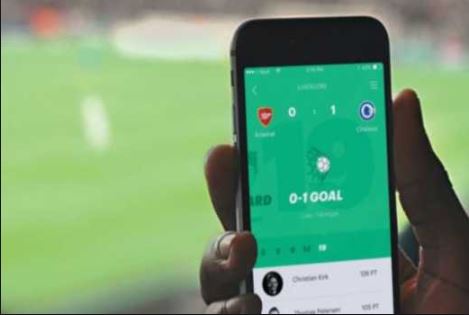×
The Standard e-Paper
Join Thousands Daily

Samuel Wakhungu, a third-year Energy and Environmental Technology student is upbeat as he steps out of an engineering lab at Jomo Kenyatta University of Agriculture and Technology (JKuat).